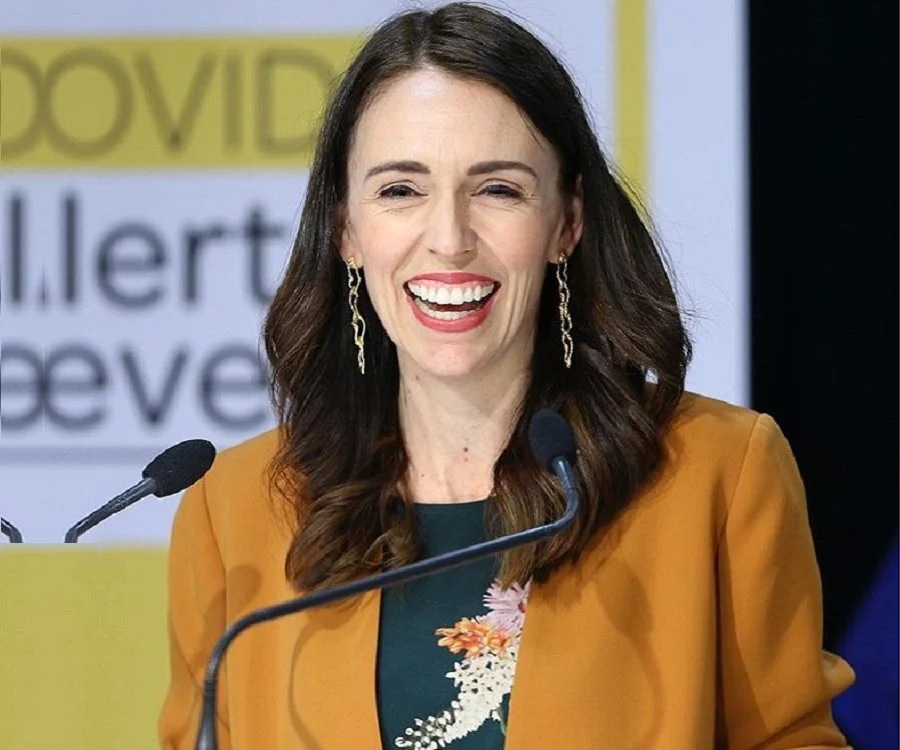Traiblazers Page in Progress
Women Who Inspire
Harris broke multiple barriers when she became the first female vice president of the United States, as well as the first Black and South Asian person to hold the office. She openly embraces her identity and the significance of representation. Her presence on the global stage as a woman of color, particularly in such a high-profile role in a country like the U.S., serves as a powerful symbol of progress for women and minorities. Harris echoes the strong voices we associate with figures like Mary Robinson, Jacinda Ardern, Angela Merkel, and Mary Barra--women whose strength of character resonates both within and beyond the social structure, whether on or off the stage. How fortunate we are, especially the generation of women born since 1960, to witness and hear this remarkable leadership. Harris is well-bred, highly educated, and carries the torch of justice forward. She is the type of person one wants on their team, someone who opens doors for others to walk through. Style can’t be bought, and badges like truth, justice, and honor are earned.
Other Trailblazing Women
Vice President Harris
Kamala Harris is the 49th Vice President of the United States, serving since January 20, 2021. She is the first woman, first Black woman, and first person of South Asian descent to hold the office. Born on October 20, 1964, in Oakland, California, Harris is the daughter of immigrants--her mother from India and her father from Jamaica. She attended Howard University for her undergraduate degree and later earned a law degree from the University of California, Hastings College of the Law.
The Biden-Harris Partnership
Decency is a character trait that falls under the broader category of moral virtues or ethical values. It reflects a person’s integrity, fairness, and respect for others. Decency often manifests in the following ways:
Compassion and Empathy: A decent person shows kindness and consideration for others, striving to understand and relate to their experiences.
Respect: Decency involves treating others with dignity and regard, regardless of differences in status, beliefs, or background.
Integrity: This includes being honest and adhering to strong moral principles, even when no one is watching.
Fairness and Justice: A decent person ensures that their actions are fair and just, promoting equality and avoiding exploitation or harm to others.
As a character trait, decency is often connected to qualities like humility, modesty, responsibility, and civility. In leadership, decency becomes crucial, as it fosters trust, credibility, and a sense of community. Leaders who exhibit decency are seen as fair and compassionate, which encourages respect and cooperation from others.
Overall, decency is a foundational aspect of moral character that shapes one's interactions and decisions, grounded in a commitment to doing what is right and just.
Kamala Harris
The Man behind the Woman
Trailblazing Women
Susan B Anthony



